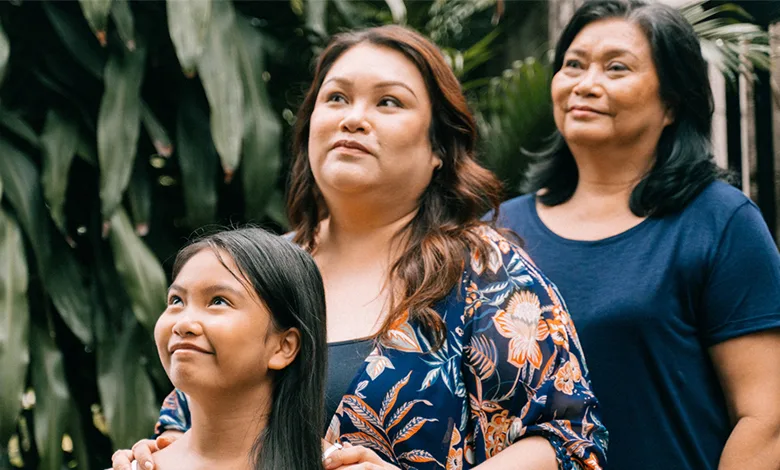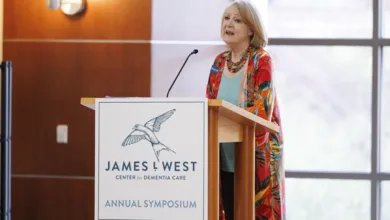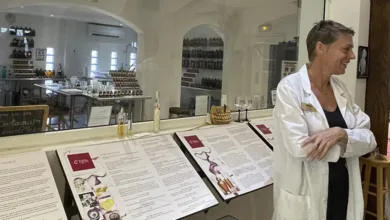How Family Conflict Can Heal Parent-Child Relationships

Family relationships are full of emotional highs and lows. Many of our core beliefs, emotional patterns, and ways of responding to conflict stem from our childhood experiences—especially our earliest parent-child relationships. These patterns, often inherited or unconsciously adopted, shape how we think, feel, and behave as adults. While these dynamics may serve us for a time, they can also limit us until we become aware of them. Family conflict, though painful, can offer powerful opportunities for emotional healing, personal growth, and stronger family connections.

How Family Conflict Can Lead to Inner Healing
For instance, I recently worked with a client who wanted to improve her relationship with her mother. Their bond had weakened since her father passed away five years earlier and her mother remarried. Beneath her mother’s insistence on discussing her and her new husband’s religious beliefs was a deep need for approval regarding her choices. Recognizing this unconscious dynamic enabled my client to establish loving emotional boundaries with her mother while allowing her mother to understand that she didn’t need her daughter’s approval.
We’re meant to grow; sometimes, our unconscious tricks us into situations that force growth. It’s been said that we receive the children who are meant to teach us the lessons we need to learn. C.G. Jung, one of the founders of depth psychology, proposed that children live the unlived lives of their parents. This means we often make our children responsible for our psychological needs instead of exploring the root of our angst. For instance, how we praise or scold our children can convey unintended messages that limit their potential, or prompt them to hide their authenticity from us or themselves. Furthermore, the family’s most sensitive child frequently absorbs the parents’ dysfunction or rigidity, sometimes becoming what some refer to as the “black sheep” of the family. Everyone perceives the child as the problem instead of reflecting on what was projected onto the child, who lacked the tools to establish an emotional boundary.
Understanding the emotional roots of family patterns
It wasn’t until my midlife unraveling that I discovered and found meaning in my difficult relationship with my mother. At 48, I didn’t realize I was on the path to my marriage breaking down, but the inner pressure was enough to compel me to journal for the first time since middle school. It took six months to gain my first insight into the insidious or sinister ways alcohol had infected our family. You can read more about family systems and emotional inheritance in my article.
Discovering the deeper story behind parent-child relationships
After I got over the shock of realizing that alcohol addiction had always been present, I set out to uncover how I ended up in a situation I never anticipated. Reflecting on a question posed by Iyanla Vanzant in her book, In the Meantime, led to a new revelation. Initially, I had no answer to the question, “What did you learn about love in childhood?” But soon, memories flooded back to me. Of course! Recognizing that love was conditional on my good behavior helped me understand the root of my perfectionism and fear of looking foolish; however, that didn’t clarify the state of my marriage.
My mother’s subtle messages that I was never truly good enough undermined her insistence that I could do and be anything. This helped explain my confidence in pursuing everything I desired while feeling held back by a mysterious, invisible ceiling. The fact that I didn’t want to be a mean wife and mother like she was contributed to how I over-adapted to my husband’s desires, gradually causing me to lose myself over the years. On the other hand, my capacity for patience as a mother allowed my children to express all their emotions, something I had not been free to do.
The Power of One Honest Conversation
It wasn’t until an active imagination exercise that I gained a deeper understanding of myself and my mother. When I envisioned being in the womb, I felt suffocated, not safe. My mother’s need for my good behavior was rooted in her desire to prove she was a more nurturing parent than her own, who had been abusive.
She projected onto me the responsibility of demonstrating that she was a different kind of mother. I tucked that away, but one weekend, before my mother was to have surgery, I asked her how she felt when she became unexpectedly pregnant with me at 19.
“I just knew I had to be a better mother.”
There it was — her truth.
My eyes were wide. “Mom, you know I felt that burden.”
There it was — my truth.
She smiled and said, “That’s what Dr. Phil would say.”
We laughed. That’s all that needed to be said. Perhaps that moment of mutual acknowledgment was tied to her death the following week, a day after her surgery, which had gone well. My mother’s belief that she would die at 68, like her mother and sister, had come true. Strangely, I felt peace for both her and me.
How to begin healing your own family relationships
This inner reconciliation helped me realize I may have been placing the weight of my feelings about motherhood on my children. But it’s not a child’s role to ensure a parent’s happiness or affirm their identity—it’s for each child to navigate the journey they’ve been given. Taking responsibility for my own psychological needs has allowed me to observe my children’s everyday struggles with greater clarity and compassion rather than projecting my emotions onto the experiences they need to navigate and learn from—something I continue to explore in my writing.
Interested in the power of connection across generations? Read this related story from fyi50+, The Circle That Sustains Us: Healthy Aging Through Connection.
Ready to explore how family conflict has shaped your own story? Begin your healing journey with my Start with Heart Template.






